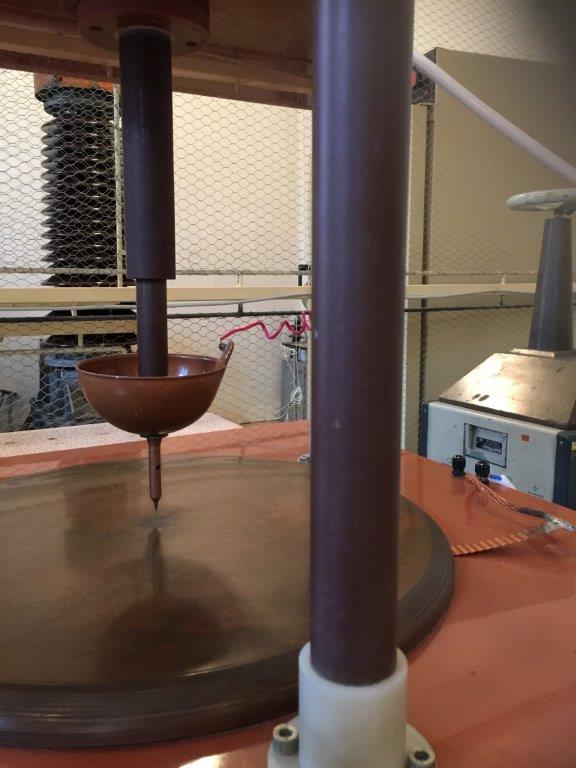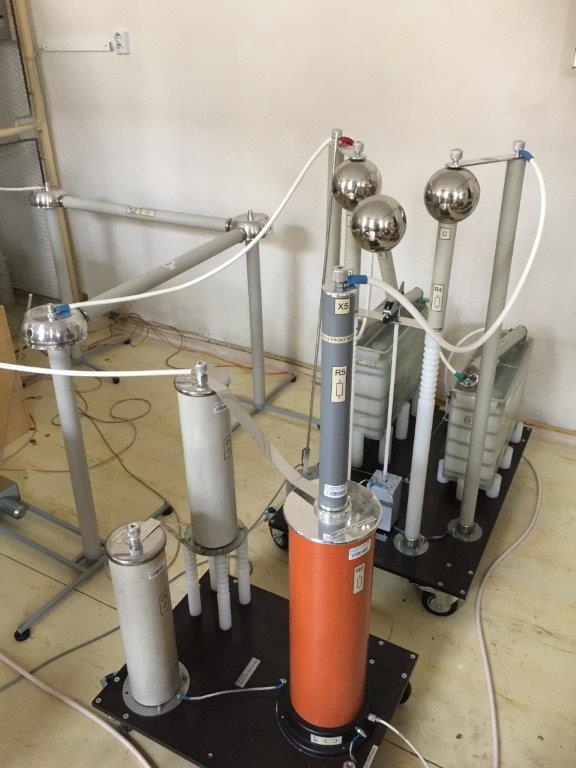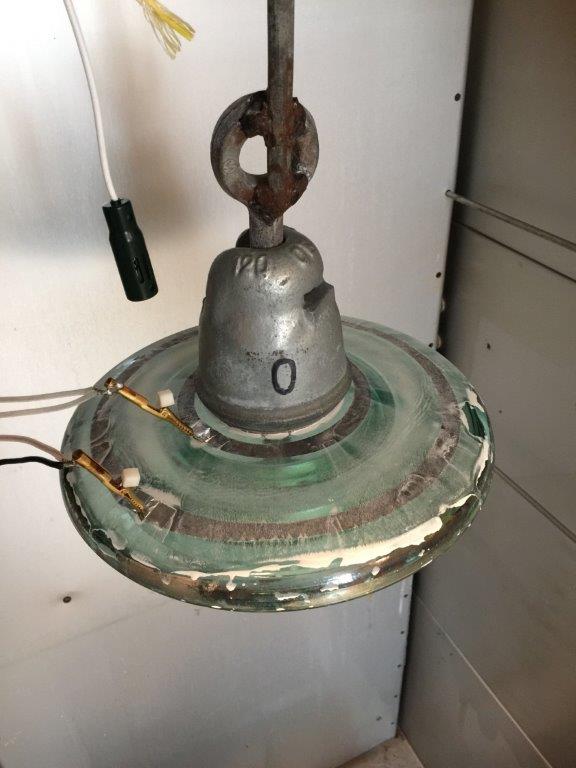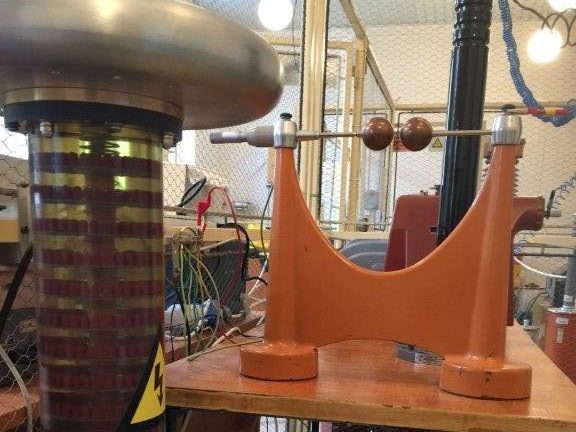Head of laboratory: prof. Ing. Iraida Kolcunová, PhD.
The laboratory of high voltage technology is focused on research purposes, laboratory testing and testing for industry, as well as for teaching purposes at the Department of Electrical Power Engineering. The research part is focused on issues in the field of high voltage technology, on life tests of electrical insulating materials, on tests of electrical breakdown strength of electrical insulation and on some areas of power engineering. Teaching in the laboratory for students is focused on practical laboratory exercises in order to verify theoretical knowledge and acquire skills with measuring techniques. Laboratory exercises are carried out for bachelor’s and engineering students in the following subjects: High voltage technology, Electromagnetic compatibility, Protection of computer networks, Overvoltages in electrical networks, Diagnostics of power equipment.
Subjects and outputs of education:
- Bachelor study: Subject Measurement in power engineering (basic knowledge of measurement theory and metrology, determination of measurement uncertainties, practical skills in the implementation of measurements in power engineering and processing of measurement documentation)
- Bachelor study: Subject High voltage technology (basic knowledge related to the use of high voltages in electrical engineering, theoretical knowledge about physical processes and processes taking place in gaseous, liquid and solid insulators)
- Bachelor’s study: Subject Prophylaxis of electric power equipment (basic knowledge about the principles and methods of prophylaxis of electric power equipment, measuring, testing and testing equipment in the field of high voltage technology)
- Engineering study: Subject Diagnostics in power engineering (knowledge and understanding of the correct use of operational diagnostics to determine changes in the insulation system of power equipment due to operational stress for early detection of failure and increase its life)
- Engineering study: Subject Overvoltages in electrical networks (gaining knowledge about the occurrence of overvoltages in electrical networks for various operating conditions, use of correct terminology and symbolism, acquisition of professional competencies in using PC technology and software to solve surges arising in operation using simulation program EMTP ATP)
- Doctoral study: Subject Dissertation project: Acquisition of methods of scientific work. Deepening knowledge of the topic of the dissertation. Intensive research to achieve original scientific results, acceptable at international level. The doctoral student is able to demonstrate the ability of creative independent and team work in solving a scientific research task or project by presenting results in the form of scientific publications, journals and conferences, participation in research teams of grant tasks, etc. He is able to formulate the goals of the dissertation and methods that lead to the fulfillment of its goals. He is able to design and apply scientific procedures for solutions. Can present procedures and results of his / her scientific work.
- Doctoral study: Subject Scientific activity 1-5 .: Ability to independently design, construct, implement and modify a substantial part of research with scientific integrity and contribute to the original research to expand the boundaries of scientific knowledge through the implementation of an extensive set of works, some of which are worthy of peer-reviewed publications. Achieving original scientific results, acceptable at the international level. Based on the implementation of scientific research, the graduate is considered an expert in his field.
The laboratory is equipped with standard electrical equipment as well as modern measuring equipment. The following equipment is installed in the laboratory:
- AC high voltage source 0–100 kV fy. TuR
- high voltage rectifier 0–100 kV
- AC and DC high voltage source BAUR PGK 70H, AC 50 kV / DC 70 kV, 40 mA / 20 mA
- spherical spark gap with a diameter of 5 cm
- electrostatic kilovoltmeter C196 30 kV
- electrostatic kilovoltmeter C100 75 kV
- capacitive divider 35 kV
- combined divider 100 kV
- Osciloskop Tectronics
- Surge protectors of classes B, C and D.
- Pulse voltage generator (1,2/50 µS, 100 kV)
- Pulse current generator (6 kV, 40 kA 8/20).




